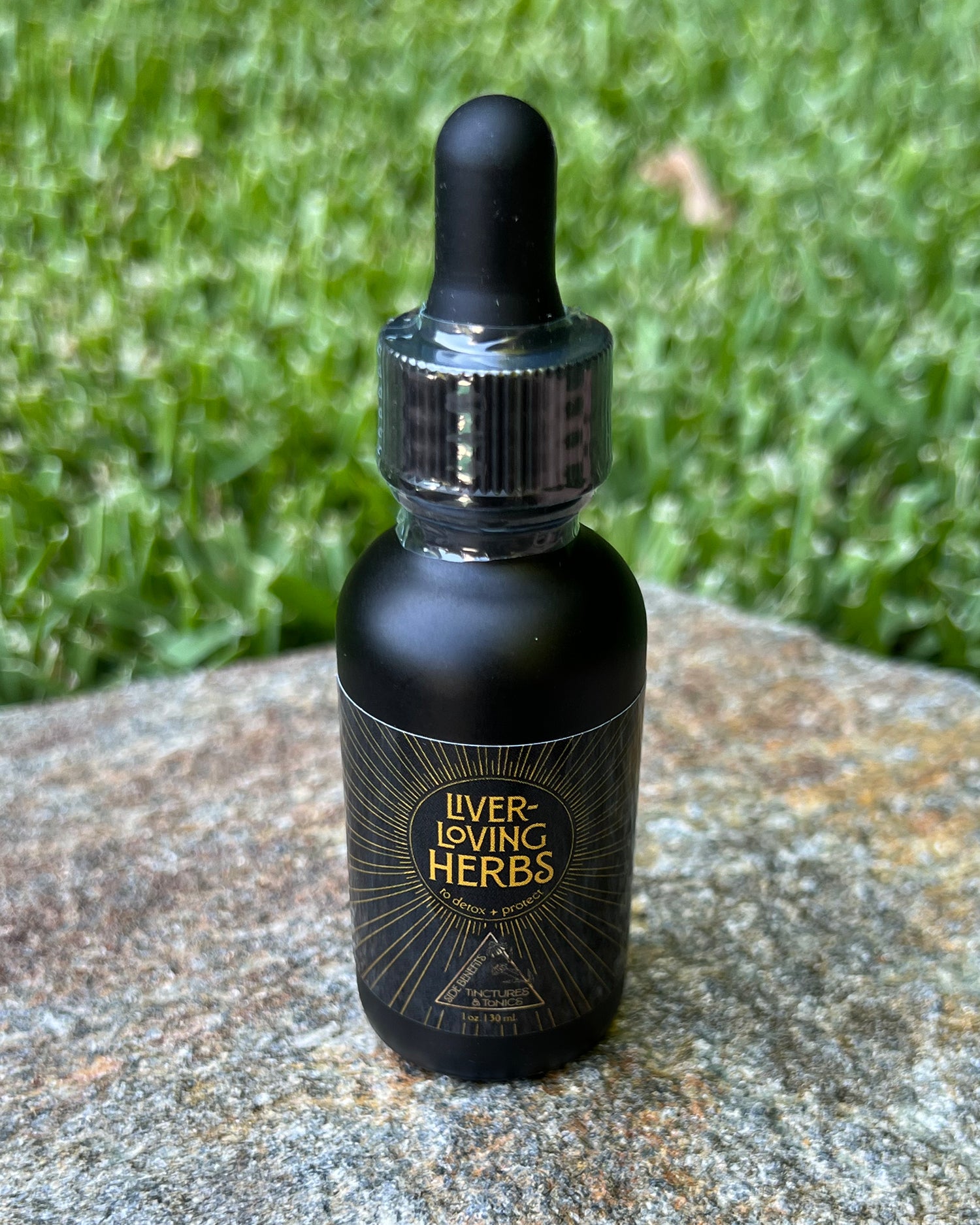It's all connected
When Hippocrates famously said, “all disease begins in the gut,” he was recognizing that the body is an interconnected system. The gut plays a role in your immune health, mental health (via neurotransmitters), and hormone balance just to name a few. Your gut microbiome can tell you more about your health outcomes than your genes. The gut microbiome is made up of about 100 trillion different species, mostly bacteria. Some of its functions include synthesizing nutrients, supporting our immune response, and producing neurotransmitters such as serotonin, the ‘happy hormone.’
The microbiome
When the gut microbiome is out of balance, certain “bad” bacteria are free to proliferate – and this dysbiotic state has been linked to numerous conditions, from asthma to depression and even cancer. The microbiome is greatly affected by your environment, diet, and lifestyle. So, when your gut is out of balance it throws everything else off-balance too. Many common, chronic issues, like weight gain, food sensitivities, skin issues, anxiety and depression, hormone imbalance, hot flashes, frequent colds and flus, autoimmunity, and more, often have poor gut health as a root cause.

Signs You Have Poor Gut Health
✗ Sugar cravings
✗ Bloating + gas
✗ Diarrhea or constipation
✗ Moodiness
✗ Skin eruptions
✗ Fatigue or brain fog
✗ Allergies or drippy nose
✗ Food sensitivities
Regaining balance is KEY
The first step you can take to bring about balance is by auditing what you put in your mouth. Since we eat food a few times a day, making small tweaks every day – like swapping sugary and over-processed foods for real foods (foods without a label) – will have a positive impact on your health and wellbeing.
Habits to improve gut health:
| Drink water – Drinking spring or charcoal-filtered water flushes toxins | Incorporate mucilaginous foods/beverages – Foods like aloe vera, psyllium husk, and slippery elm are soothing to the delicate lining of the gut |
| Eliminate refined sugar – So many reasons why this is good…but if you by chance have an overgrowth of candida, avoiding sugar is like cutting off their main food supply | Reduce/eliminate gluten – Gluten not only irritates leaky gut, but it can also actually be a CAUSE of it |
| Eat healthy fats – Fats support healthy immune function when digestion is optimally functioning (needed to breakdown + absorb fatty acids and deliver fat-soluble vitamins ADE+K to the cells + tissues) | Consume fermented foods/beverages – Ferments like kimchi or kefir bring a dose of good bacteria (“probiotic” means “pro-life”) into your digestive system |
A few more simple steps you can take that will help bring about balance:
| Toxic load – Swap out cleaners you clean your house with, products you put on your skin, pots, and pans you cook your food in, soaps you wash your clothes with, and greatly reduce any other chemicals you are exposed to | Stress management – Find something that helps you calm down. Dip a toe into meditation, practice yoga, read a book with actual pages, go for regular nature walks, hit the gym, or schedule regular workouts that you love |
| Sunlight – Ensure you’re getting adequate amounts daily (aim for mornings). 15-20 minutes with a large swath of skin exposed | Sleep – This is a big piece of the puzzle, so optimizing it will have the biggest impact on your mood, gut health, hormones, and immune health. Limit blue light exposure in the evening and wear blue-light-blocking glasses. Ensure there is no blue light in your bed (ahem, televisions and iPads + phones). Turn your bedroom into a dark, cool, quiet place that is just for sleeping and sex, and aim for 8-hours every night |
Instead of chasing symptom after symptom that poor gut health causes, work to remove them to help your gut heal itself by introducing gut-healing agents such as:
| Identifying food sensitivities (I use the MRT 176 lab test for simplifying this) | Bone broth — super nutrient-dense and soothing to the gut |
| Probiotics — spore-based are best | L-glutamine — helps heal leaky gut |
| Mucilaginous foods/beverages — aloe vera, slippery elm, chia seeds, etc. are all soothing to the gut lining | Amino acids — aka proteins when they are broken down |
| Zinc — necessary for the activity of over 50 enzymes that aid in metabolism, digestion, nerve function, and many other processes. We need zinc for gene expression, enzymatic reactions, immune function, protein and DNA synthesis, reproductive function, wound healing, and growth and development | Test, don’t guess – One tool I use in my holistic nutrition practice to help you understand, identify, and remove underlying gut stressors is the GI-MAP, a DNA-sequenced stool analysis. This tool allows us to laser-focus how we work to restore your gut health to alleviate symptoms – and as a side benefit, prevent disease |
Your innate wisdom
Remember that the body wants you to be healthy and balanced. It's your choices and environment that can unbalance you. The bottom line is, a healthy gut makes for a happier, healthier, more balanced you. If you think you could benefit from a customized nutrition plan to improve your gut health and optimize your life, schedule a free discovery call with me today.






